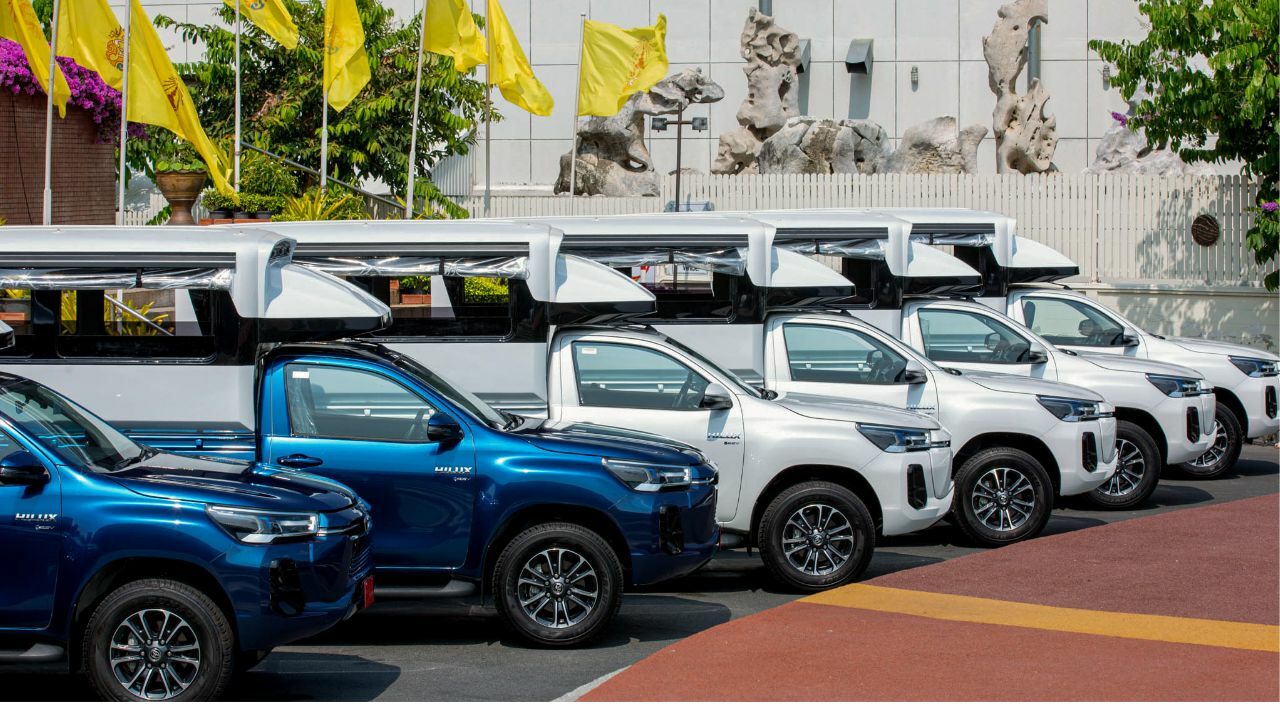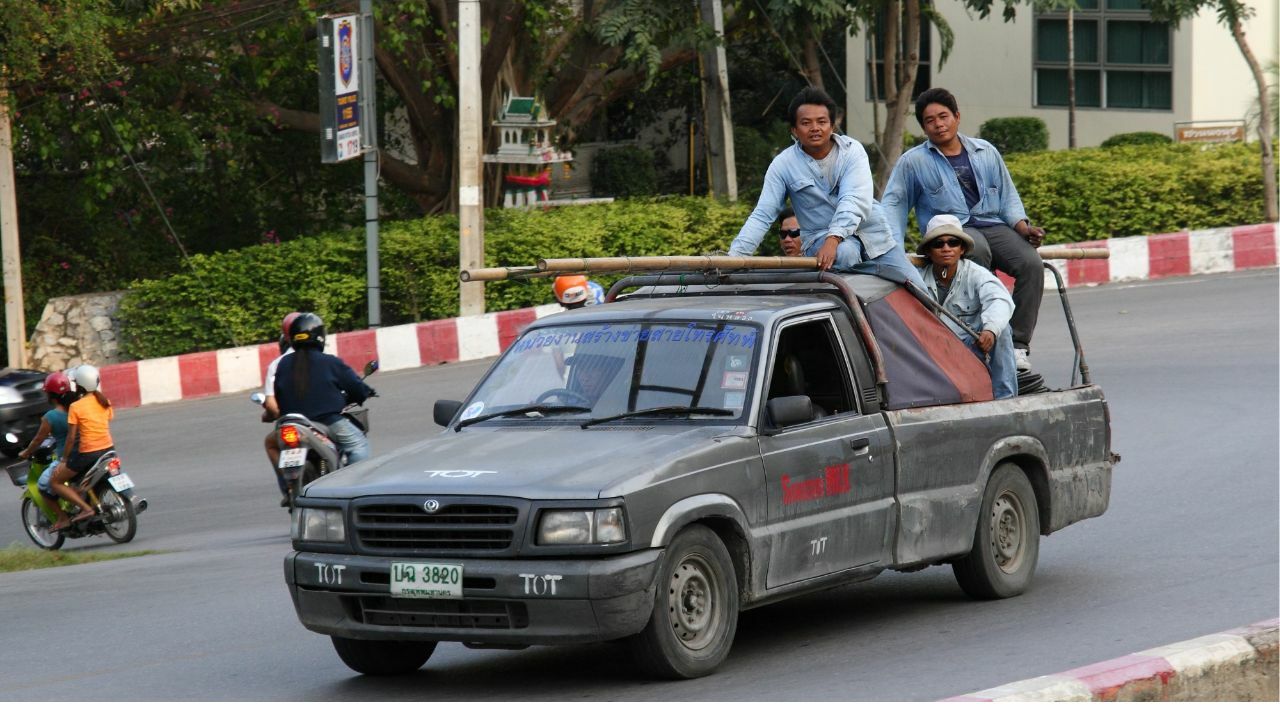Rev it up: Tax breaks drive Thai pickup market into high gear
Motor industry pins hopes on trade-in deal to spark sales recovery

Thailand’s struggling pickup market is getting a turbo boost from a government scheme that lets drivers swap their clapped-out motors for shiny new rides, with tax breaks thrown in to sweeten the deal.
The Federation of Thai Industries (FTI) is banking on a state-backed trade-in scheme to kickstart domestic pickup sales, which have taken a sharp nosedive this year.
Sales of pure pickups plunged by 17% year-on-year between January and May, dropping to just 62,467 units, as banks and finance firms tightened loan rules amid soaring household debt.
Now, the government is stepping in with a proposed plan to let owners of 20–25-year-old pickups trade them in for new models, with a juicy excise tax cut on the replacement vehicle.
FTI Vice-chairman, and spokesman for its Automotive Industry Club, Surapong Paisitpatanapong, welcomed the idea, saying it could shift an extra 50,000 to 100,000 pickups off the forecourts.
“The scheme has real potential to revitalise the market.”
Surapong also called on the government to expand it beyond pickups to include passenger cars.

The FTI reckons there are two million ageing vehicles still on Thai roads, many of them over two decades old. Surapong says extending the scheme to cover cars between five and eight years old could deliver a much-needed boost to Thailand’s stagnant automotive sector.
Finance Minister Pichai Chunhavajira gave the clearest signal yet on Monday that the scheme is going ahead, pitching it as a way to modernise Thailand’s roads while revving up the local car industry.
He said vehicle owners trading in older models would qualify for tax reductions on new pickups, and added that the Thai Credit Guarantee Corporation would be roped in to backstop auto loans.
Surapong also proposed a 5 billion baht credit guarantee fund, saying it would give banks more confidence to greenlight loans, especially for lower-income drivers who might otherwise struggle to qualify.
While exports are racing ahead, car exports rose 23% in May, thanks to demand for pickups and hybrid EVs in Australia and the Middle East, the domestic market remains stuck in low gear, reported Bangkok Post.
Local car sales dipped nearly 3% in the first five months of the year, down to 252,615 units.
There was one ray of light: car manufacturing climbed 10.3% year-on-year in May, marking the first increase in 21 months, driven by a surge in production of electric vehicles, plug-in hybrids, and pickup passenger vehicles.
But unless Thai drivers start buying again, industry insiders fear the recovery could stall, said Surapong.
“We need bold moves to restore consumer confidence. This trade-in scheme could be the spark that gets the engine running again.”
Latest Thailand News
Follow The Thaiger on Google News:


























